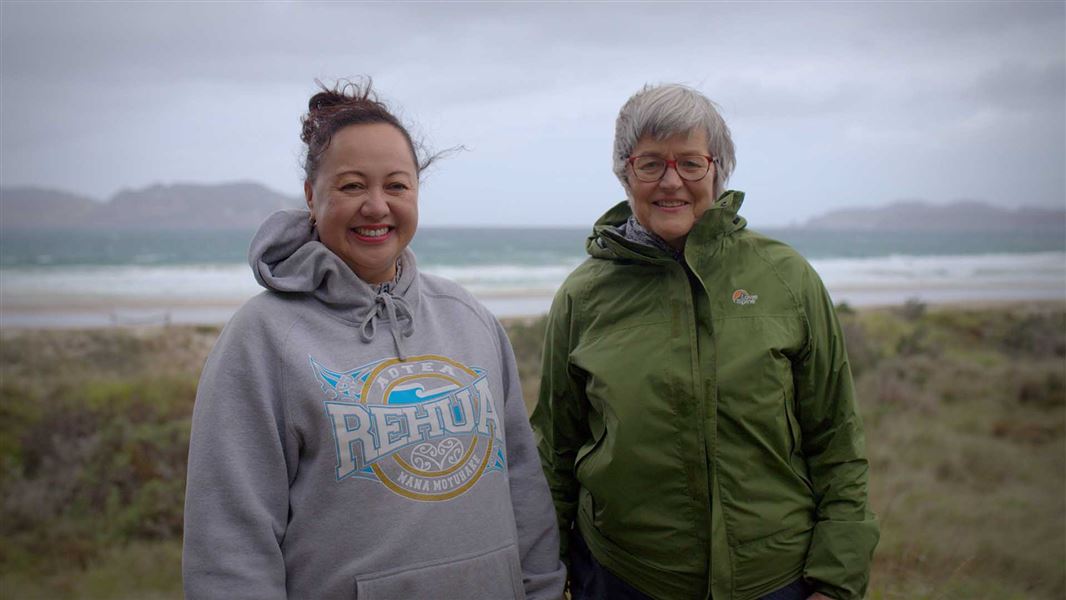Archived content: This media release was accurate on the date of publication.
Date: 03 August 2020
“I’m delighted to announce that with rats now gone, Rakitū is officially predator free. This is a major milestone because Rakitū is the last DOC administered island in the Hauraki Gulf Marine Park to be made pest-free,” said Eugenie Sage.
“Rakitū will now join more than 40 existing pest-free islands in the Hauraki Gulf Marine Park, including Rangitoto, Motutapu, Motuihe, Tiritiri Matangi and Hauturu/ Little Barrier Island. These pest-free islands provide a safe haven for threatened native wildlife including takahē, kākāpō, kokako, kiwi, geckos, skinks, bats, wetāpunga and tuatara.
“Rakitū represents another step towards a Predator Free Aotearoa New Zealand. The recovery of breeding populations of threatened species on these taonga offshore islands, provides an invaluable lesson in how we might restore native plants and wildlife on mainland sites once introduced pests have been removed,” said Eugenie Sage.
Background information
- Rakitū had thriving breeding colonies of native birds, particularly seabirds, before rats were introduced to the island. Kakariki, ōi/ grey-faced petrel, pōpokotea/whitehead, korimako/bellbird, toitoi/North Island tomtit and pīhoiho/New Zealand pipit once bred on the 330 hectare Island
- Covering 330 ha, Rakitū's sheer cliffs rise 180 meters from the sea in places, giving it an imposing fortress-like appearance. Rakitū Island became a Scenic Reserve in 1994 after being purchased by DOC, with Natural Heritage Fund assistance, from the Rope family.
- North Island weka on Rakitū are abundant and not indigenous to the island. They were released on the island in 1951, 36 years before DOC was established when the North Island weka population on mainland North Island was declining. Today, the North Island weka population is increasing.
- More than 60 weka were removed for the rat eradication then returned to Rakitū 5 months later.
